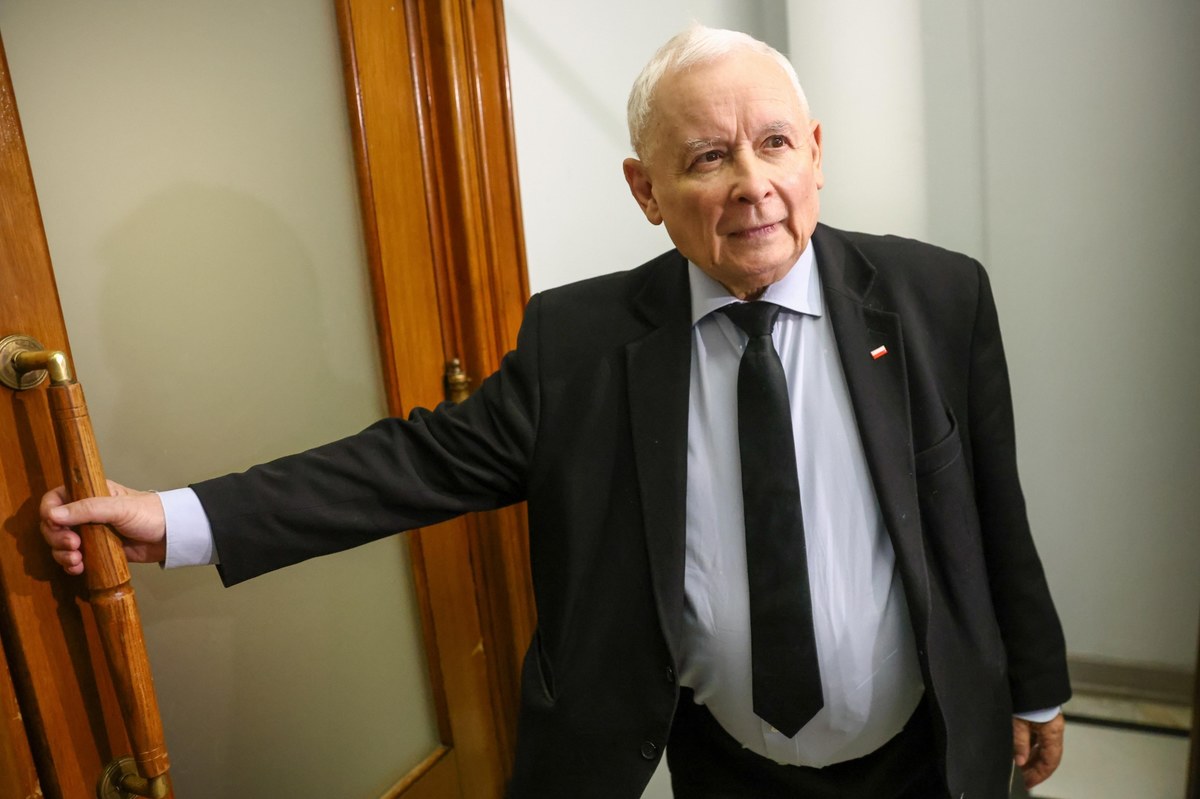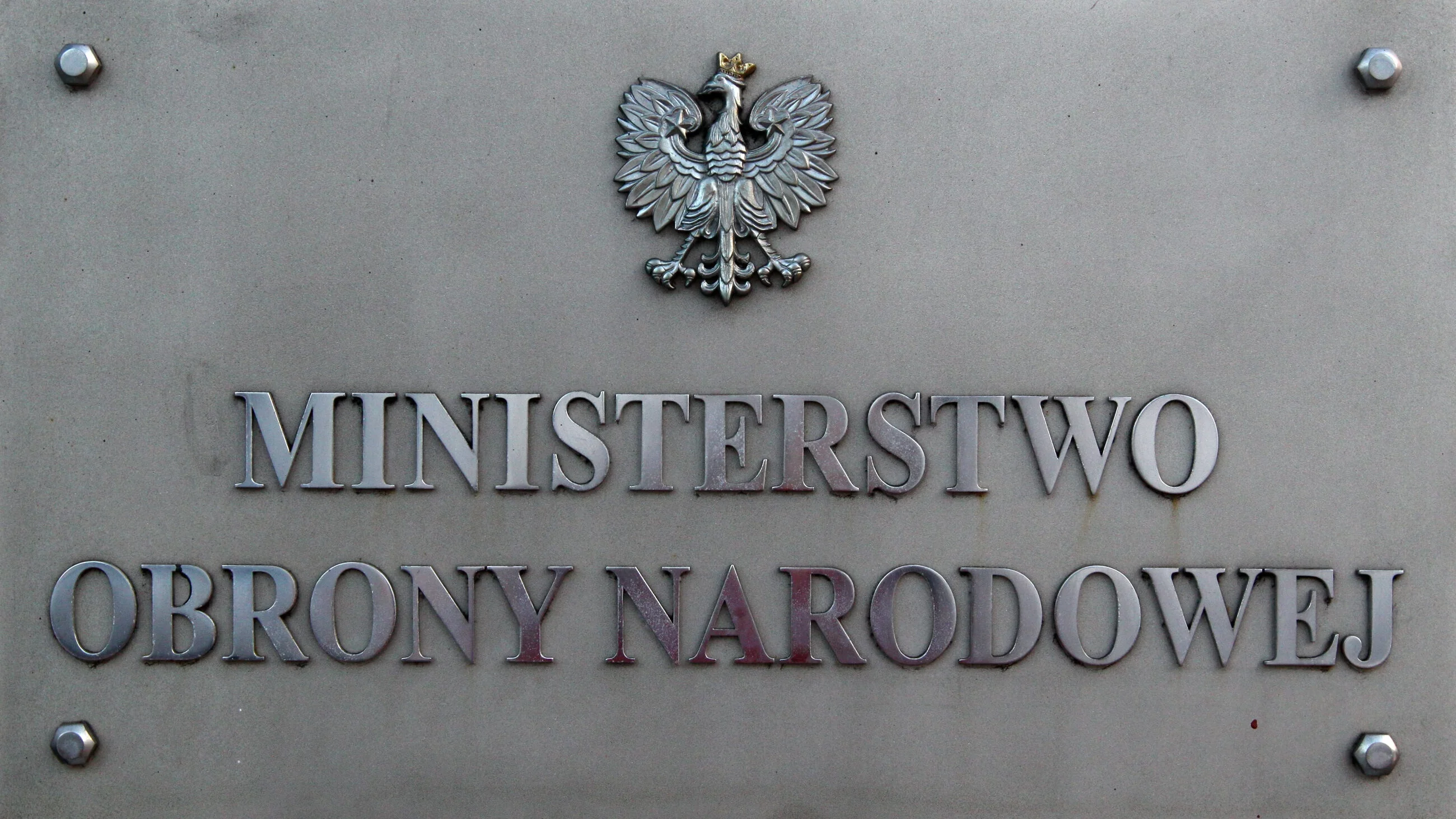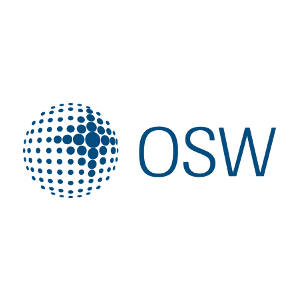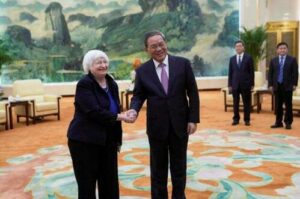
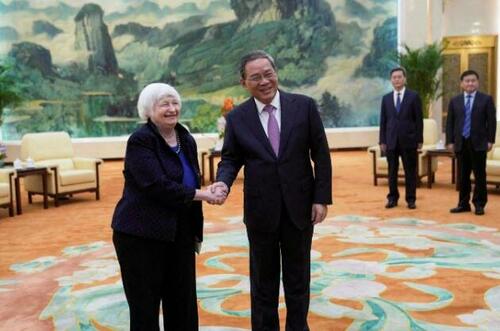
China Rebukes US 'Politicization’ Of Trade Issues As Yellen Seeks 'Balanced’ Economic Growth
U.S. Treasury Secretary Janet Yellen arrived in China last Thursday for a 6-day visit, a trip she said was necessary to „advance America’s economic and national security interests.”
Treasury Secretary Janet Yellen said that the United States will launch two new initiatives with China and hold more economic dialogues aimed at addressing the increasing overcapacity in the world’s second-largest economy.
Following two days of extended dialogues with her Chinese counterpart, Vice Premier He Lifeng, Ms. Yellen announced that the two sides have agreed to establish a new initiative for “intensive exchanges on balanced growth in the domestic and global economies.”
“These exchanges will facilitate a discussion around macroeconomic imbalances, including their connection to overcapacity,” she said in a statement.
“I intend to use this opportunity to advocate for a level playing field for American workers and firms.”
Ms. Yellen said she was “particularly concerned” about Beijing’s overproduction in certain sectors because of state subsidies and other policy support. A priority of the treasury secretary’s trip was to pressure Beijing to address the issue of overproduction, especially in new green-energy sectors such as solar, electric vehicles, and lithium-ion batteries.
“I think the Chinese realize how concerned we are about the implications of their industrial strategy for the United States, for the potential to flood our markets with exports that make it difficult for American firms to compete, and that other countries have the same concern,” she told reporters after announcing the new scheme in Guangzhou, a southern Chinese export hub.
China’s overcapacity involves its “entire macroeconomic and industrial strategy,” Ms. Yellen said. “It’s not going to be solved in an afternoon or a month.
“But I think they have heard that this is an important issue to us.”
The Treasury Department and China’s Ministry of Finance will assume the leadership role of the new group, Exchange on Balanced Growth in the Domestic and Global Economies, according to a statement issued by the Treasury Department.
However, as The South China Morning Post reports, China did not take all this criticism laying down.
Chinese Premier Li Qiang urged Washington not to politicise economic issues but to take an objective view on industrial capacity, during talks with US Treasury Secretary Janet Yellen in Beijing on Sunday.
„The United States should look at the capacity issue objectively and dialectically from the point of view of the market economy and from a global perspective, and on the basis of economic laws,” Li said, according to official news agency Xinhua.
„The development of China’s new energy industry will make an important contribution to the global green and low-carbon transformation,” Li said.
„We hope the US could work with China to adhere to the basic market economy norms of fair competition and open cooperation, while refraining from politicising economic and trade issues or overstretching the concept of national security,” Li said.
„The secretary provided her views on the shared objective of a healthy economic relationship that provides a level playing field for workers and businesses in both the US and China,” it said.
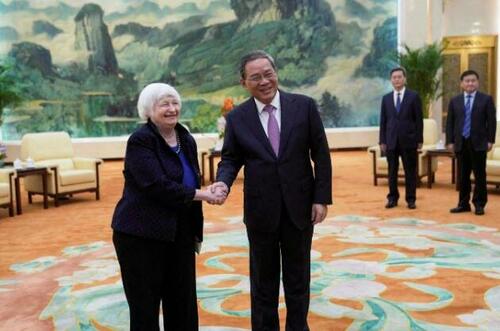
Yellen meeting with Chinese Premier Li Qiang at the Great Hall of the People in Beijing on Sunday.
Additionally as Frank Fang detailed via The Epoch Times, another plan set up by the Treasury Department and the People’s Bank of China is dedicated to combating “illicit finance and financial crime.”
U.S. and Chinese officials will have their first exchange on the issue in the “coming weeks.”
“This new effort will enable the U.S. and China to share best practices and provide updates on the actions we are each taking to close loopholes in our respective financial systems,” Ms. Yellen said in the statement.
China characterized the two-day talks between Ms. Yellen and Mr. He as “candid, pragmatic, and constructive.”
According to a summary of the meetings published by state media Xinhua, the two sides agreed to discuss a series of issues under the economic and financial working groups, such as “sustainable finance” and “balanced growth” in the two countries and other economies.
The United States and China set up two working groups last year to deal with economic and financial issues. The first meeting of the financial issue working group was held in Washington on April 4.
But as Fang explains further, issues over support for Russia remain a sticking point as well as growing demands for tariffs.
Russia
During the two-day talks with her Chinese counterpart, Ms. Yellen also raised Washington’s concerns about the regime’s ties with Russia.
Ms. Yellen said she warned the regime of “significant consequences” if Chinese companies provided material aid to Russia’s invasion of Ukraine.
“We’ve been clear with China that we see Russia as gaining support from goods that China, Chinese firms are supplying to Russia,” she told reporters.
She said the Chinese side told her that “it is their policy not to provide Russia with military support.”
“Neither of us want this to be an issue with our bilateral relationship. So we’re working together,” Ms. Yellen said.
Tariffs
Ms. Yellen heads to Beijing on April 6 afternoon for two more days of talks with senior Chinese officials, including Premier Li Qiang and the People’s Bank of China governor Pan Gongsheng.
Steven Hayes, president of the Florida-based advocacy group Americans for Fair Taxation, urged the Treasury secretary to “retaliate” against Beijing’s dumping by restricting Chinese imports and relocating the supply chain.
The Chinese regime is trying to use state subsidies to “destroy” U.S. business, Mr. Hayes said in an interview with NTD, a sister outlet of The Epoch Times, on April 4.
Beijing knows “if they bring products over at a low enough price, that U.S. businesses will not be able to stay in business long enough to compete, because they’re not getting the same subsidies,” he said. Their purposes were to drive American firms out of business, “and then they can raise the prices from China and have free reign.”
En route to China, Ms. Yellen told reporters that she “won’t rule out“ the possibility that the Biden administration would impose tariffs or other trade barriers on China to protect U.S. green energy industries negatively impacted by China’s overproduction.
Steven Mosher, president of the Population Research Institute and author of a new book, “The Devil and Communist China,” suggested that Washington should respond to communist China’s industrial overcapacity with heavy tariffs.
“I think the tariffs should actually be increased to match the level of the subsidies that the Chinese Communist Party is providing industry,” Mr. Mosher told NTD.
“They are very dependent on their export base now, because the domestic sector of the economy is quite blank, [and] frankly, floundering,” he said.
“Now, it’s the time to put pressure on them.”
On Monday evening, her last night in China, Yellen visited Jing-A Brewing Co. in Beijing — co-founded by an American — where she ordered a Flying Fist IPA, a beer made with American hops.
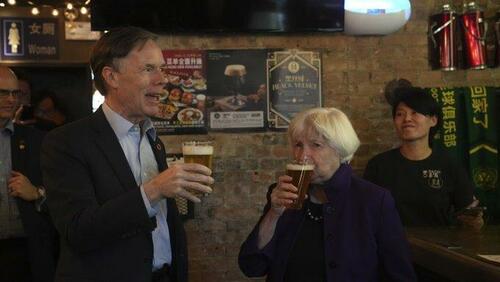
She took a sip and called it “excellent.”
Tyler Durden
Mon, 04/08/2024 – 10:25




